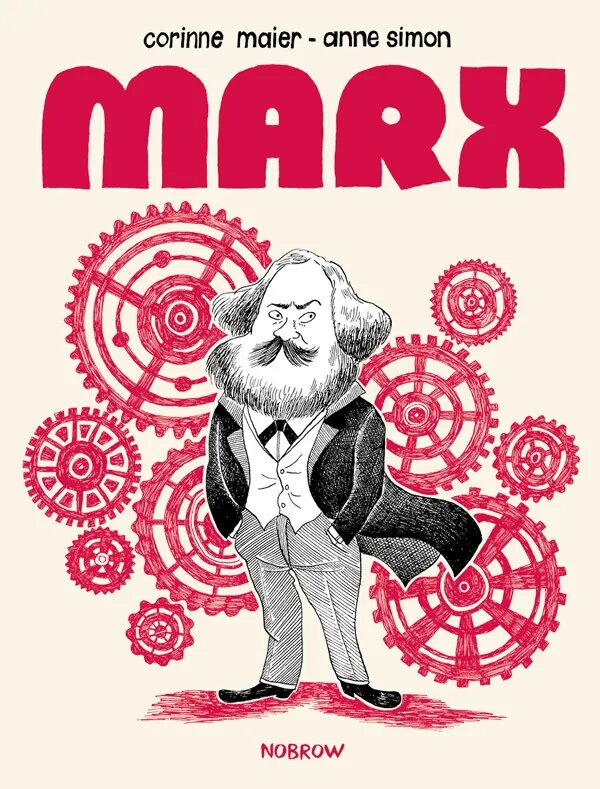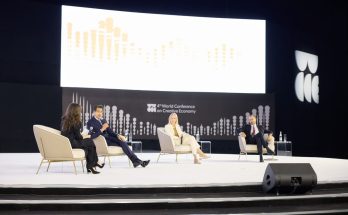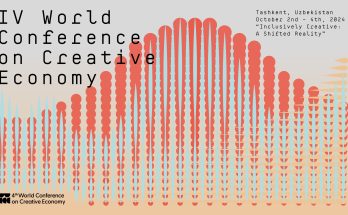By Monjorika Bose
“Remember not only to say the right thing in the right place, but far more difficult still, to leave the unsaid and the wrong thing at the tempting moment.” Wise words by Benjamin Franklin indeed — never more relevant than today. Rationalism is an ever- revolving mirage and sanity is a luxury in today’s highly charged and unforgivingly provocative socio-political discourse. One wrongly-worded tweet, or a careless momentary opinion can change or ruin your life’s reputation, livelihood, or even your existence. Just ask J.K. Rowling.
The current socially acceptable narrative stems from a very niche and particular brand of “leftism”, which has very little to do with either Thomas Paine or Mao Zedong. It is a “super-branded” narrative that trickled down from liberal universities to various other institutions of society eventually resulting in the “woke-ism” of the general consumer public.
Info overload

An “ism” is nothing but a mere suffix, that signifies an organized and structured set of beliefs or values about our society. It is added when something evolves from a specific idea to a more generic and widely accepted belief system. For example, famous feminist Germaine Greer’s personal views might have made her a feminist, but once people start to organize her values as a structured school of thought, it becomes feminism. These isms evolve into an even larger (and sometimes different) landscape once other individuals adopt these ideas or add to it themselves. For example, Marxist or Socialist feminism, that has taken the basic theory of equal rights for women, and applied the theory of Marxism to it, connecting it to the criticism of capitalism and applying it to unpaid domestic labour and sex relations. In this age of information overload for the common man, adulteration and distortion of common basic ideologies are getting far too frequent and giving rise to the self- defeating socially dangerous phenomenon called “cancel culture”.
When it comes to international relations, however, these “isms” are thought of as “theories” but not ideologies, which makes sense in the academic world, not to be confused with the blue tick on Twitter and Instagram.
Socialism is a theory in international relations and an “ideology” in political science, because international relations thought of itself as an individual social science at the turn of the twentieth century. There were the Realists who were supposed to see through the ambiguous haze of morality and real-time world politics. This demarcation was further cemented during the end of the Cold War when Western liberalism defeated its ideological challengers, Communism and Fascism, as it involved a very distinct concept of human rationality, which is that reinforcing and serving your own self-interest is a universal and survival instinct of the human psyche. Post the Cold War, the lines between theories and ideologies began to blur, as poststructuralists began to project these ideologies as narratives of humanity and history and as significant modes to direct and redirect power, as opposed to precise and descriptive statements about the same. Liberalism was redefined as the “correct” way to self-govern as opposed to how the world works, as “myth” started to become “reality”. Liberalism gave rise to neo- liberalism and liberal feminism and social liberalism and so on.

By the late 1990s, “ideologies” were scorned as unscientific and overtly moral, “theories” lacked the well rounded and completeness of the “correct life” that were associated with ideologies, and with globalization becoming the new phenomenon and the Earth becoming flatter, in geopolitical discourse, all these “isms” developed their own little cottage industry, with their own distinguished intellectuals, academics and educational programmes.
Today, as humanity stands at this unprecedented crucial juncture, reflecting on its unique evolution through time, wars, history, migration, pandemics, colonization, globalization, understanding of human rights, all the while experiencing this dizzying awakening to the vertiginous advancement of science and technology that is reality today, and its effects on politics and human identity, “isms” seem to further establish their dominance in society, both as a pillar and a sometimes a weapon.
The world has never been more politically charged than today, where everyday affairs and issues are all agenda driven, and the internet affords a voice to tear through the feeble and porous social fabric that it has created. For the individual, it is becoming increasingly difficult to not view the world or facts on a bipartisan spectrum, and instead have their own opinion, due to the abundance of politically motivated information and the pressure to be “woke”.
The eternal optimist will argue that these changes are for the good and betterment of human society at large. Increasingly, politics is becoming the cornerstone of the path to achieving the moral growth of humanity and society, despite the conflicts and bickering that arise within a political system, either in a dormant way, or in a more flamboyant fashion. Certain political and democratic aesthetics such as peace over war, or the upliftment of the marginalized will always be appreciated. However, to fully comprehend the minute details of the sufferings and the wrongs that the marginalized communities suffer all over the world is monumental. It is wrong to disregard the discussions that stem from facts and conversations that are birthed by these “isms”, but validating every situation with zero censorship by these “isms” is detrimental to its very cause.
Misrepresenting situations, or making casually regular “ist” encounters ,aggressions, or having an aggression caused due to an individual emotional response to a certain event, in fact undermines sometimes, the actual discriminatory practice that members of a certain community may face. This may even become a rallying point for different emotional or politically motivated agendas, and serve to create even more divisions or prejudiced conflicts in social and political discourse.
It is a human need to tether ourselves and ideas to an acceptable social construct. Due to technological advancements, our interactions have become more digital than human, mostly finding validation in the external world of the internet, opinions and data.
Inner Humanity
Peer pressure has reached its own peak, with our worldviews and personal opinions becoming our “identity” of sorts. These opinions are mostly now formed due to external stimuli in the form of television, media, the internet, political actors, and intolerance is an alarmingly growing theme. Divisive agendas force you to validate yourself as a rigid encapsulated identity figure, that when occasions arise, force you to join other similar identity figures, which eventually leads to groupism and collective egos that will eventually clash with each other or form a bigger collective to defeat the opponents, who might be the proponents of the very value system that the group was trying to defend to begin with.
The vital point here, and of the human journey, is to find your inner humanity, free of any external stimuli, and only then can we truly connect to others and form a true shared human collective striving for spiritual and evolutionary growth. Or else, we just move from one temporal matter or agenda to another, and ignore the true path for real dialogue for the growth of humanity and the quest for real world solutions.
If you don’t drink wine, you don’t have to do as the Romans do, in Rome. It is perfectly acceptable to reach for the apple juice, instead.
Author Profile
- India Writes Network (www.indiawrites.org) is an emerging think tank and a media-publishing company focused on international affairs & the India Story. Centre for Global India Insights is the research arm of India Writes Network. To subscribe to India and the World, write to editor@indiawrites.org. A venture of TGII Media Private Limited, a leading media, publishing and consultancy company, IWN has carved a niche for balanced and exhaustive reporting and analysis of international affairs. Eminent personalities, politicians, diplomats, authors, strategy gurus and news-makers have contributed to India Writes Network, as also “India and the World,” a magazine focused on global affairs.
Latest entries
 DiplomacyJanuary 5, 2026India walks diplomatic tightrope over US operation in Venezuela
DiplomacyJanuary 5, 2026India walks diplomatic tightrope over US operation in Venezuela India and the WorldNovember 26, 2025G20@20: Africa’s Moment – The Once and Future World Order
India and the WorldNovember 26, 2025G20@20: Africa’s Moment – The Once and Future World Order DiplomacyOctober 4, 2025UNGA Resolution 2758 Must Not Be Distorted, One-China Principle Brooks No Challenge
DiplomacyOctober 4, 2025UNGA Resolution 2758 Must Not Be Distorted, One-China Principle Brooks No Challenge India and the WorldJuly 26, 2025MPs, diplomats laud Operation Sindoor, call for national unity to combat Pakistan-sponsored terror
India and the WorldJuly 26, 2025MPs, diplomats laud Operation Sindoor, call for national unity to combat Pakistan-sponsored terror







